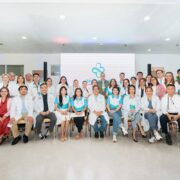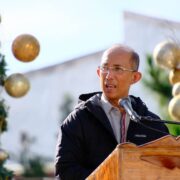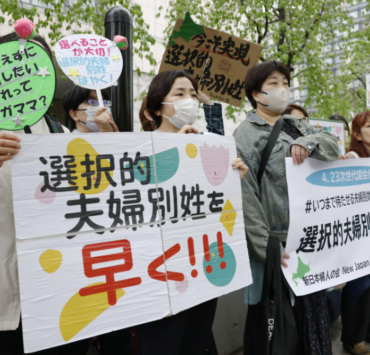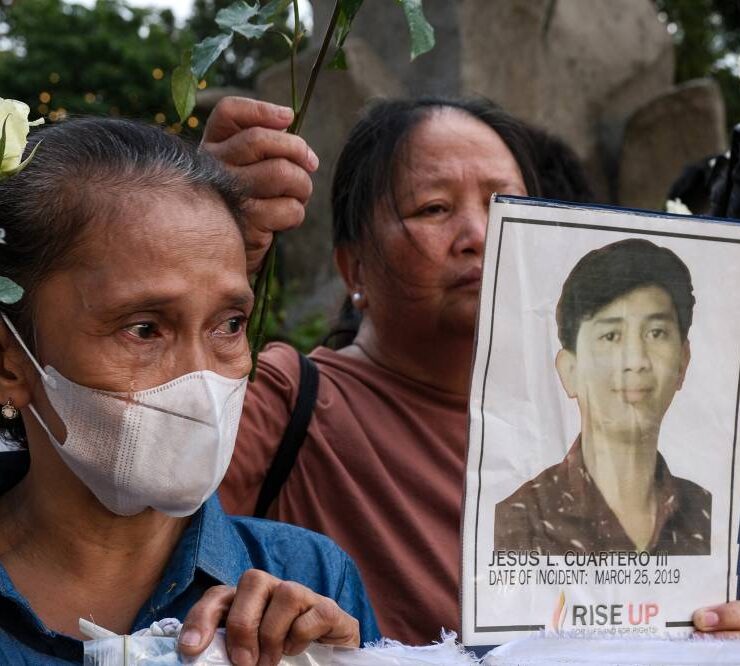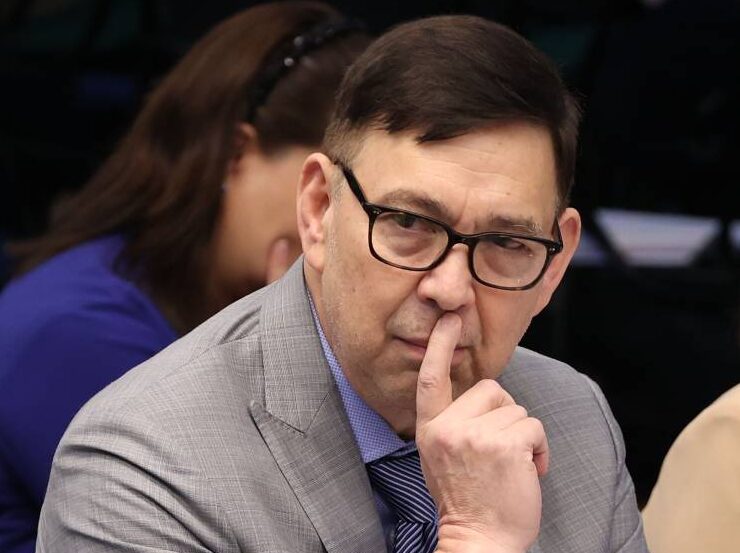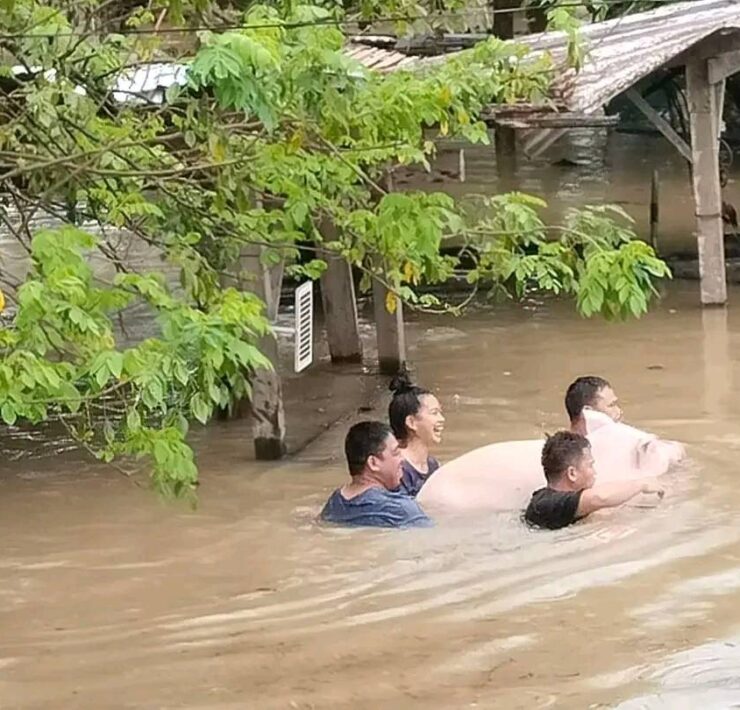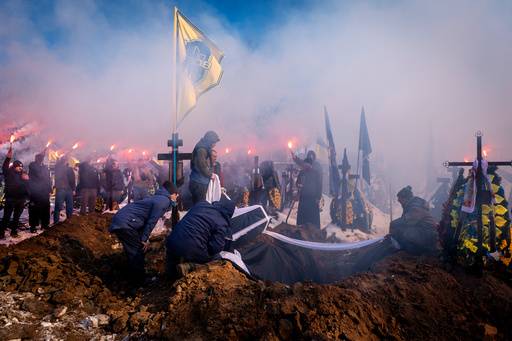Schoolteachers take over from warriors
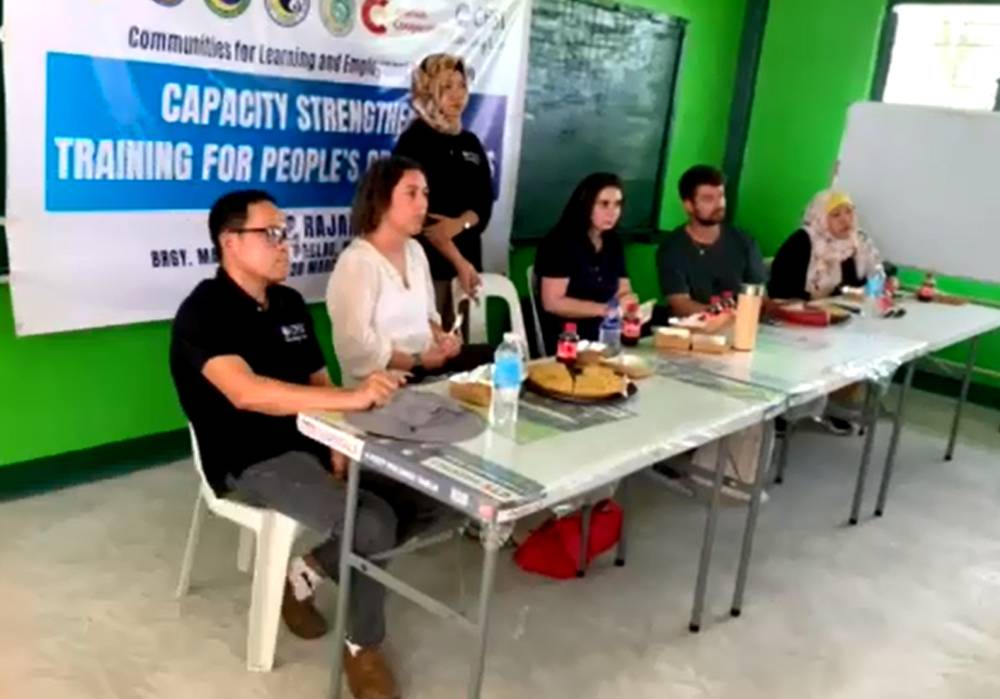
(Second of a series)
DATU HOFFER, Maguindanao del Sur—Maguid Delna started bearing arms when he was 19 years old, battling vigilante groups known as Ilagas from the north and the native Barracudas.
The government had urged Christians to go south to Mindanao six decades ago, describing it as a “land of promise” with its natural wealth and biodiversity.
Opportunity turned into chaos. Indigenous Muslims resisted encroachment on their ancestral domain and confronted troops on pacification missions.
When the smoke of battle cleared and attention shifted to peace and development, Delna traded his guns for books, believing salvation was in education, not the barrel of a gun. He became a schoolteacher.
“It’s as if a miracle has happened,” said Delna at a meeting with international aid donor at Camp Rajamuja.
At 69, Delna is sickly, and uses a wheelchair.
Widespread land conflicts in Mindanao were cited as one of the main reasons for the declaration of martial law in 1972.
Reacting to the emergency proclamation, Nur Misuari, a political science professor in Manila, organized the Tausugs, the Maguindanaoans and the Maranaos and staged coordinated attacks across Mindanao.
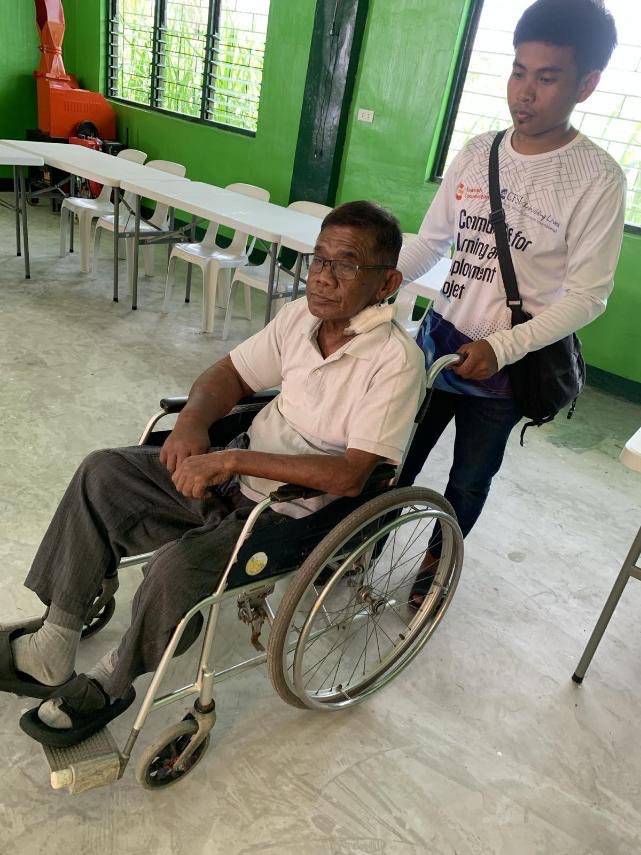
Breakaway
With the religious scholar Hashim Salamat, Misuari formed the Moro National Liberation Front (MNLF) that gave birth to the Autonomous Region in Muslim Mindanao (ARMM).
Political and ideological differences led to Salamat’s breakaway and the establishment of the Moro Islamic Liberation Front (MILF).
Militant MILF commanders confronted government forces on a wide front, prompting then President Joseph Estrada to wage an “all out war” against the separatists. He was ousted in the peaceful Edsa II People Power Revolution in January 2021.
The late Sadako Ogata, president of the Japan International Cooperation Agency (JICA), traveled to Cotabato and arranged a secret meeting between then President Benigno Aquino III and Al Haj Murad in Tokyo in 2011 that led to a peace agreement.
JICA is one of the biggest providers of official development assistance to the Philippines, financing such projects as shelters, universal health care and climate change mitigation.
A consummate academic and diplomat, Ogata was previously the United Nations High Commissioner for Refugees. The commission provided assistance to some 20 million peoples forced from their homes in the 1990s in civil and ethnic conflicts following the dismantling of the Soviet Union.
Back to school
The peace accord in Tokyo prompted Delna to return to school for his bachelor’s degree; he eventually became an elementary school principal.
He exudes optimism with the changes in the political landscape, the promise of more international assistance in the MILF camps, outlined in a meeting with a Spanish delegation to discuss its Communities for Learning and Employment Project (CLEP).
Testimonials about the success of program were heard.
Rustom M. Mountoc, 49, attended a three-month seminar for motorcycle mechanics at the community learning center established in each of the six MILF camps. With him was his 25-year-old son, one of nine children.
Mountoc now runs a repair shop with his son.
Tata D. Salvador, 27, along with 25 young adults, learned from the Greenland Farm School how to ferment in a tightly sealed plastic container fish oil and molasses. The concoction turns into fertilizer and is used to grow organic vegetables.
A former MILF fighter, Salvador, the son of a contract farmer, has a steady income from his eggplant garden in his backyard.
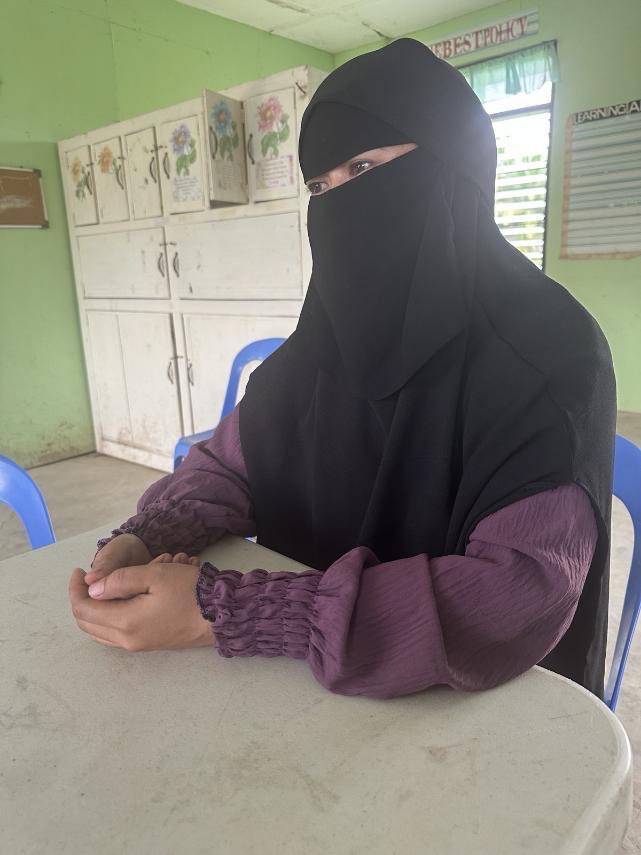
Sahada B. Ebrahim, 28, who stopped attending college two years ago after her parents succumbed to a lingering illness, went to Saudi Arabia and worked as a house help.
She decided there was no joy in being an overseas Filipino worker and returned.
The right path
Wearing a black hijab, Sahada recounted joining a CFSI-sponsored course on food processing and learning how to bake bread, cakes and pizzas. She has begun catering services with her husband.
Maguid Delma participated in the CLEP meeting.
The project has opened six community learning centers in the MILF camps to improve access to socioeconomic services. It has chalked up a remarkable achievement: at least 40 percent of the 900 people have participated in livelihood skills training and have started income generation activities.
Delma’s son, Abuhaymin, 34, is the elected president of the People’s Organization at Barangay Malala in Datu Paglas under MILF Camp Rajamuda,
Like the father, he is also a schoolteacher, but unlike the father he has never carried a gun. He outlined his livelihood program to the aid workers.
“We are on a new path to peace and development,” he said. “It’s the right path.”
(The writer is a former reporter and aid worker who has worked in conflict zones in Asia, Africa, the Balkans and the Middle East.)




